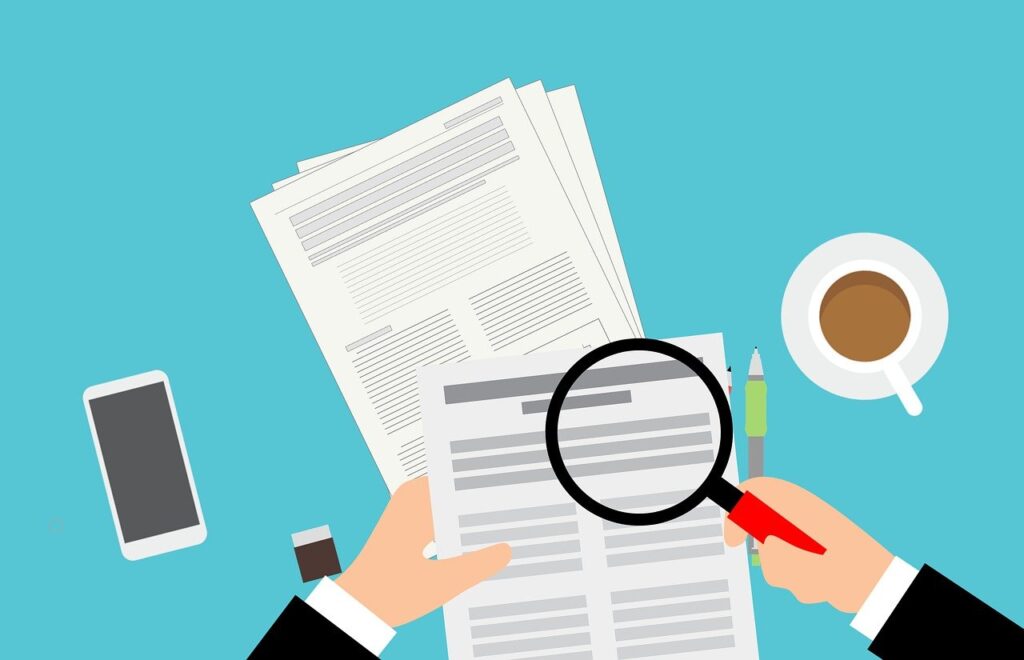
Mixing business and individual non business transactions in the same bank account can have some regrettable effects.
It may frequently be appealing for self-employed individuals to utilize their personal bank accounts for business deals, possibly for factors of comfort, or potentially to decrease bank costs. Nevertheless, even if the business owner thoroughly determines business purchases, difficulties inevitably occur when using personal checking account for business.
The dreaded 'brown envelope'
As an example, if HM Revenue and Customs (HMRC) opens a query into the self-employed individual’s income tax return, this will commonly be adhered to by a request for access to the business documents, including declarations for all bank and credit card accounts through which business transactions were made. The question arises: is the individual required to turn over private account statements (which could extend the extent of HMRC’s queries)?
They can't do that ... can they?
HMRC has extensive details and examination powers, subject to specific (albeit rather limited) limitations (FA 2008, Sch 36). The taxpayer has a basic right of appeal against HMRC’s details notices, such as if the information asked for is ruled out to be ‘moderately called for’. Nevertheless, there is no right if the info or record is part of the taxpayer’s ‘legal records’ (i.e., generally, records that the law calls for taxpayers to maintain). As an example, a self-employed taxpayer is needed to keep and maintain (to name a few things) records of the following (TMA 1970, s 12B( 3 )):.
– All invoices and expenditure ‘and the matters in respect of which the receipts and expense take place’; and.
– All sales and acquisitions of items (in the course of a trade including selling goods).
In Beckwith v Revenue and Customs [2012] UKFTT 181 (TC), over 90 business deals underwent the taxpayer’s personal account throughout the tax year under query. The personal account was therefore held to be a ‘business record’ and formed part of the taxpayer’s legal documents, so the taxpayer had no right of challenge against HMRC’s information notification request for his personal financial institution statements.
Fairly called for?
Even if business owner’s personal declarations do not constitute legal records, there is still a need to offer details or create a request that is ‘sensibly called for’ to check the taxpayer’s tax position. However, one of the legal limitations on HMRC’s details powers is that the taxpayer is not called for to give or produce ‘personal records’, which are narrowly specified (in PACE 1984, s 12); but even if a personal bank or charge card statement constitutes a ‘personal record’, HMRC may still provide a details notice calling for the taxpayer to produce the personal record, yet omitting any type of personal details. For instance, in Smith v Revenue and Customs [2015] UKFTT 200 (TC), the taxpayer obtained property rental income, however did not operate different business and personal accounts. On arguments against an HMRC information notification requesting personal bank and credit card statements, the First-tier Tribunal held that the taxpayer must offer private bank and bank card statements, however could edit any kind of personal details. HMRC’s Enquiry Manual states (at EM3560): ‘You must not routinely require [private checking account declarations] in the opening letter of an enquiry. Certain conditions may be a volunteer disclosure of undisclosed business invoices right into a private account.’.
Practical tip
Whether private records are ‘fairly required’ has created several disputes in between taxpayers and HMRC. Maintaining business and private purchases in totally separate accounts should aid to stop such disagreements.

Recent Comments